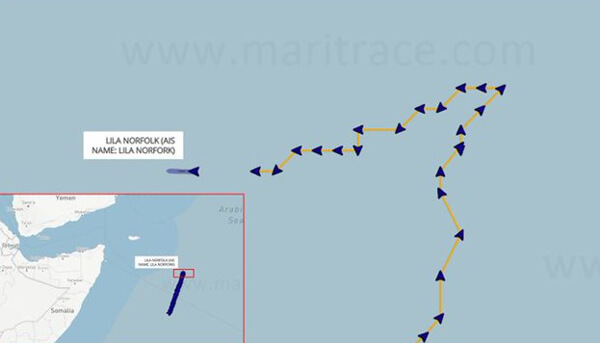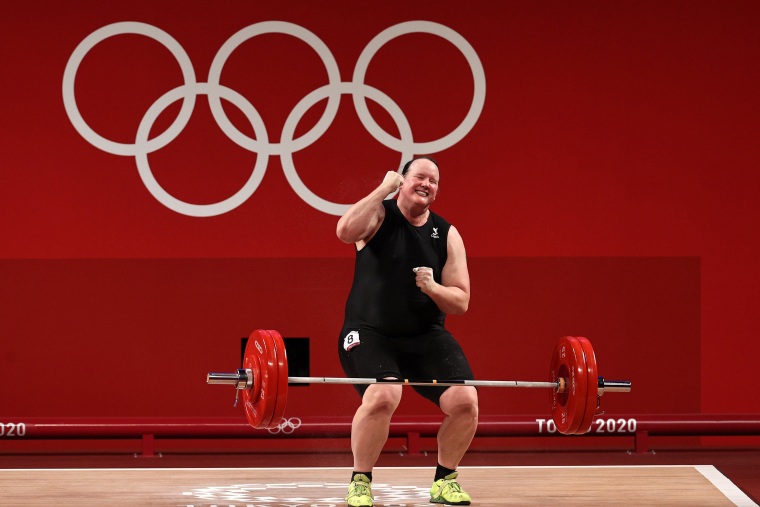Elite Indian Navy Team Secures Hijacked Bulker

The Indian Navy intercepted the bulk carrier Lila Norfolk early on Friday, January 5, and an elite team of marine commandos boarded the vessel to “sanitize” the ship. The latest reports are that the pirates fled the ship and the crew of the bulker is reported safe.
The incident began late on Thursday, January 4, when the Lila Norfolk alerted the UK Maritime Trade Organizations that five or six armed individuals were boarding the vessel. The 170,000 dwt bulker registered in Liberia was sailing from Brazil bound for Bahrain. It was in a position 460 nautical miles to the east of Eyl, Somalia at the time the incident was reported.
AIS signals show the vessel was initially continuing on course but later stopped. The Indian Navy reported the crew had been operating the vessel from the citadel and that they were secure. The vessel however later turned toward Somalia, but it is unclear if the boarders were able to breach the citadel.

Track of the Lila Norfolk (courtesy of EOS Risk Group)
The Indian Navy dispatched its destroyer Chennai and a patrol aircraft and was able to establish contact the Lila Norfolk on Friday morning. There are 21 crewmembers, including 15 Indian nationals, aboard the vessel. They determined that the crew was safe.
After tracking the vessel and monitoring the situation, the Indian destroyer launched a helicopter and issued an ultimatum to the pirates to surrender the vessel. The elite commando team boarded the Lila Norfolk and according to the navy was making a thorough sweep to find the boarders and secure the vessel. The Navy said that based on the size of the ship it would require time to fully search the vessel.
The UK MTO issued an alert saying that the Indian team had not found any unauthorized people aboard and that the crew was safe. The Lila Norfolk is reported to be proceeding out of the area.
This marks the second hijacking of a merchant ship in the region off Somalia in recent weeks. In mid-December, Somali pirates were successful in taking a Navibulgar vessel the Ruen which is still being held off Somalia. The Indian Navy was also able to intercept and track that vessel and took custody of one crewmember who was injured and transferred him to a hospital in India. In addition, reports are that at least five fishing vessels have been taken in the waters around Somalia.
There have been fears that the pirates might be working in conjunction with the Houthi rebels in Yemen, but Reuters is quoting an analyst saying they believe the pirates have been emboldened by the focus on the Red Sea believing there might be less attention on the area around Somalia.
The EU maintains a security program in the area known as Operation ATALANTA, a maritime security operation covering portions of the Western Indian Ocean and the Red Sea. A Spanish vessel, the Victoria, is the current flagship of the operation and in December the Italian Fasan joined the operation.
There had not been a hijacking of a merchant ship off Somalia since 2017.











